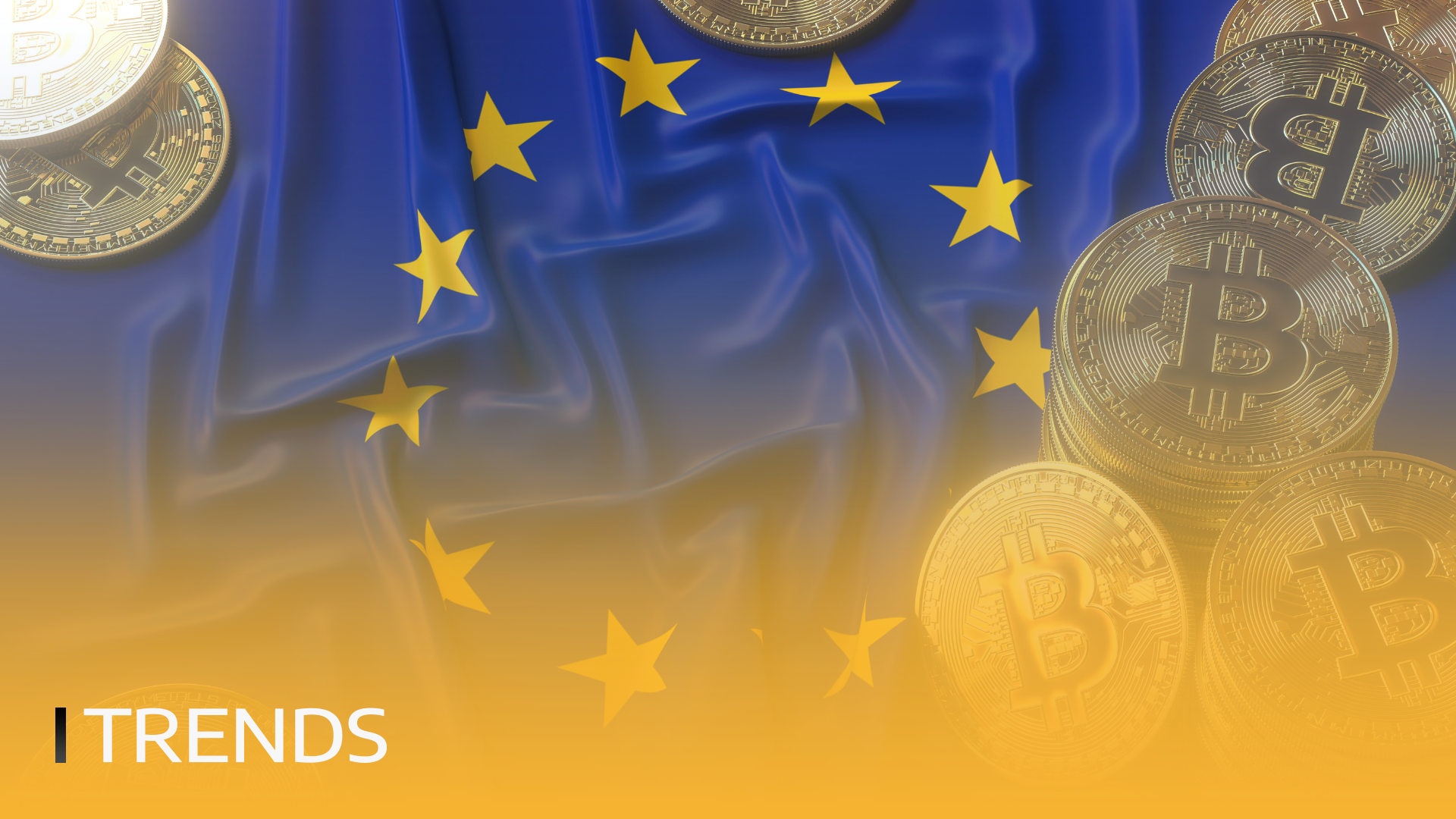MiCA Boycott Looms as France, Austria, Italy Push ESMA

Three European Union countries are demanding stricter enforcement of the Markets in Crypto-Assets (MiCA) regulation, which governs the crypto asset market across the EU. Regulators in France, Austria, and Italy fear that companies could apply for licenses in countries with weaker oversight, undermining trust in the entire EU crypto market.
France raises concerns over “regulatory shopping”
France’s securities watchdog, the AMF (Autorité des Marchés Financiers), has raised concerns that under the EU’s new regulatory regime, crypto companies are seeking jurisdictions with more lenient licensing standards, its president Marie-Anne Barbat-Layani told Reuters. [1]
France has therefore warned it could try to block some crypto firms licensed in other EU countries from operating domestically as part of a push to transfer oversight to the bloc’s central securities regulator.
France has joined Austria and Italy in calling for the European Securities and Markets Authority (ESMA), based in Paris, to take over supervision of major crypto firms. In its strongest warning yet, the AMF said it would not rule out the possibility of using the “atomic weapon” of challenging the passporting of a license granted by a different member state.
“We do not exclude the possibility of refusing the EU passport. It’s very complex legally and not a very good signal for the single market – it’s a bit like the ‘atomic weapon’ … but it’s still a possibility we hold in reserve,” Barbat-Layani explained the AMF’s position.
Joint position of French, Austrian, and Italian regulators
In a position paper published on Monday, French, Austrian, and Italian regulators said that the current approach had revealed “major differences” in how each country is supervising companies, allowing businesses to take advantage of varying practices. [2]
“The experience of MiCA’s first few months in application also shows that supervisory convergence between national authorities quickly reaches its limits, and is not sufficient to guarantee uniform application of standards within the EU,” the AMF, FMA (Austrian regulator), and CONSOB (Italian regulator) said in the paper.
ESMA pledges closer supervision
According to Bloomberg, an ESMA spokesperson said the authority is “working intensely on ensuring convergence in the authorisation and supervision of EU crypto providers.” The EU watchdog had already concluded in a position paper last year that “it was a good time to reconsider in which areas it might make sense to have more EU-level supervision,” the spokesperson added.
Malta’s licensing regime under scrutiny
Under the MiCA directive, which took effect for crypto asset service providers in December 2024, companies authorized in one EU member state can use this as a “passport” to operate across the 27-nation bloc.
However, Malta has already faced criticism for its crypto licensing regime. In July, ESMA released a peer review of the Malta Financial Services Authority’s authorization of a crypto service provider, finding that the regulator only “partially met expectations.” [3] ESMA recommended that Malta monitor more closely the growth in authorization applications and adjust its supervisory practices in a timely manner.
Sources:
[3] https://cointelegraph.com/news/france-block-mica-passporting-eu-crypto-firms
You might also be interested in
Don’t miss any crypto news
Subscribe to our Newsletters - the best way to stay informed about the crypto world. No spam. You can unsubscribe anytime.
Please enter your email address
Email is invalid
Read how we process your data in our Privacy policy.
Thank you for subscribing 😊
Subscribe to our Newsletters - the best way to stay informed about the crypto world. No spam. You can unsubscribe anytime.
If you have any questions about cryptocurrencies or need some advice, I'm here to help. Let us know at [email protected]